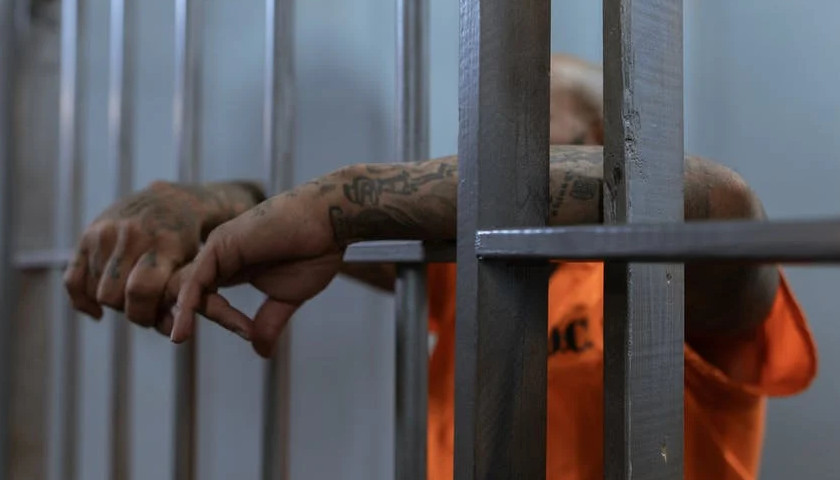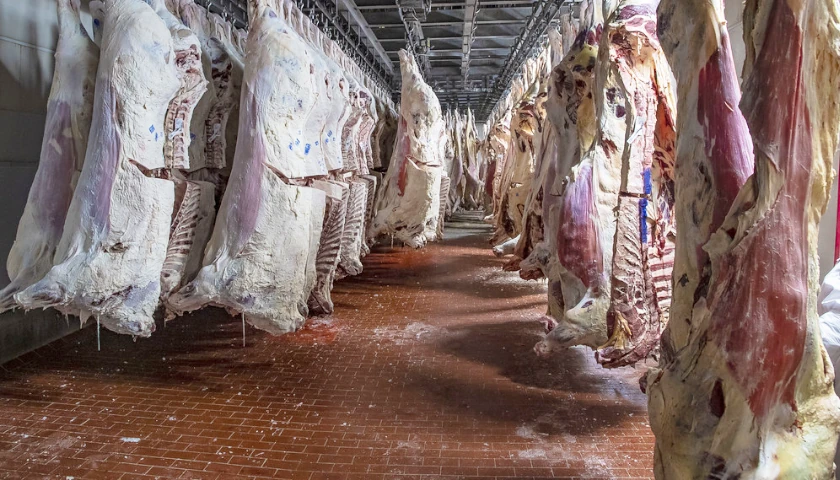by Christian Wade
Connecticut is set to wipe clean the criminal records of more than 80,000 people with previous convictions under a long-delayed law set to go into effect in the new year.
The Clean Slate law, which was approved by the state Legislature in 2021, will automatically erase the criminal records of people seven years after the date of their conviction for a misdemeanor or 10 years after the date of their conviction for certain low-level felonies if they hadn’t been convicted of other crimes.
Gov. Ned Lamont said the goal of the law is to remove barriers to jobs, education and housing for people convicted of low-level offenses but stayed out of trouble.
“Turning your life around after making a mistake isn’t easy, but many people who’ve been convicted of low-level offenses and haven’t committed any other crimes find those convictions haunting them for decades,” he said in a statement.
“The idea that minor crimes should remain a part of someone’s permanent record is outdated, ineffective, and can cause more harm than good,” he added.
State officials attributed the two-year delay to “intensive information technology system upgrades,” which they said will allow criminal justice agencies to “identify eligible convictions and then erase them in an automated manner pursuant to the Clean Slate Law.”
That $8 million computer system is now live, they said, and over the next month, individuals who meet the Clean Slate Law’s eligibility requirements will have their offenses automatically erased from their records. No application or petition is required.
Overall, the system has flagged at least 178,499 offenses from more than 80,000 people that will automatically be erased next month when the system begins processing the records. People with convictions prior to the year 2000 are also eligible, but they must first petition the court for approval.
State officials point out that erasure doesn’t mean deletion or destruction of the records but prevents their disclosure to anyone other than the court clerk holding the records.
Earlier this year, Connecticut wiped clean 43,754 low-level drug possession convictions under the state’s recreational cannabis law.
– – –
Christian Wade is a contributor to The Center Square.








